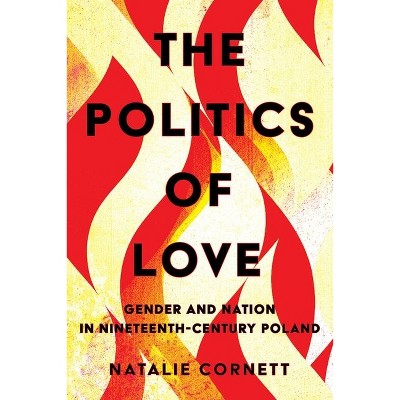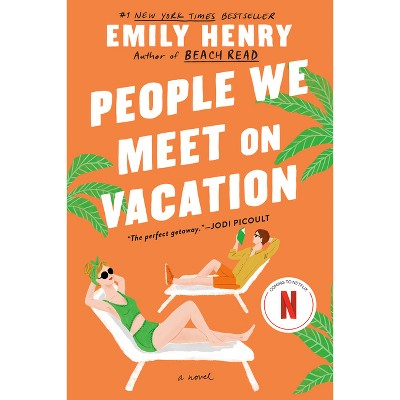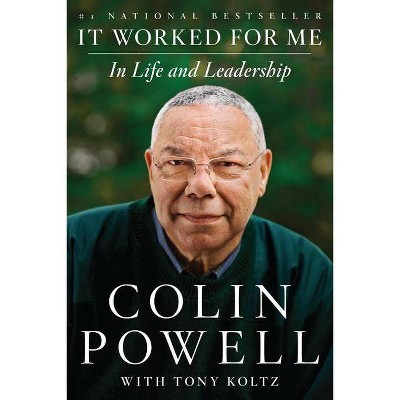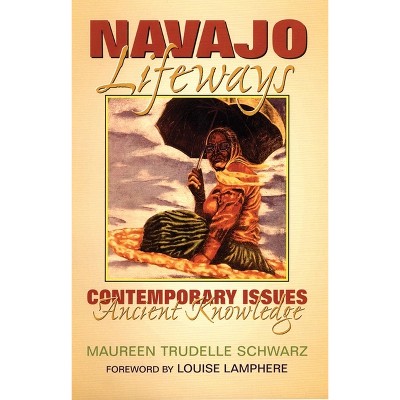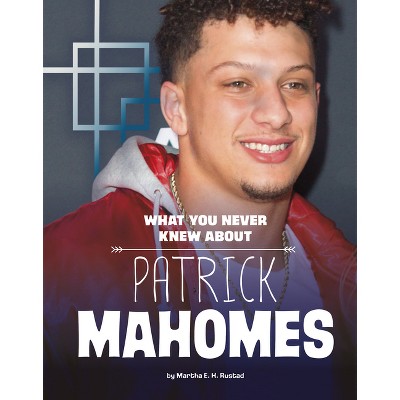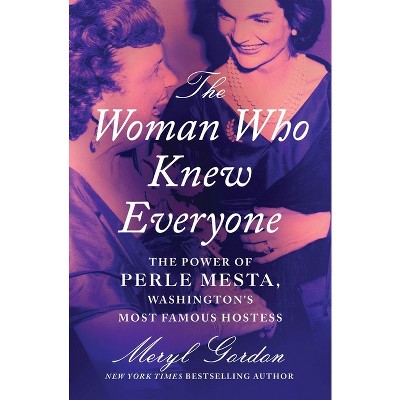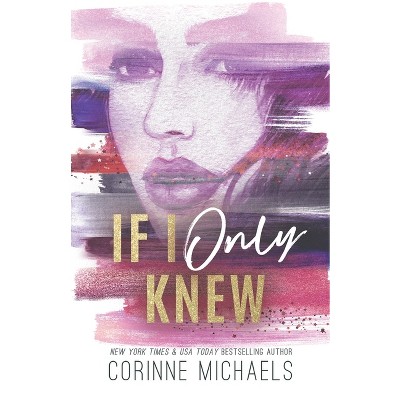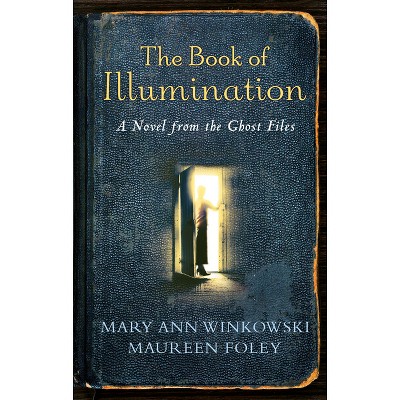Sponsored

What Jane Knew - by Maureen Konkle
$29.95
In Stock
Eligible for registries and wish lists
Sponsored
About this item
Highlights
- The children of an influential Ojibwe-Anglo family, Jane Johnston and her brother George were already accomplished writers when the Indian agent Henry Rowe Schoolcraft arrived in Sault Ste. Marie in 1822.
- Author(s): Maureen Konkle
- 442 Pages
- Social Science, Ethnic Studies
Description
About the Book
"The children of an influential Ojibwe-Anglo family, Jane Johnston and her brother George were already accomplished writers when the Indian agent Henry Rowe Schoolcraft arrived in Sault Ste. Marie in 1822. Charged by Michigan's territorial governor with collecting information on Anishinaabe people, he soon married Jane, 'discovered' the family's writings, and began soliciting them for traditional Anishinaabe stories. But what began as literary play became the setting for political struggle. Jane and her family wrote with attention to the beauty of Anishinaabe narratives and to their expression of an Anishinaabe world that continued to coexist with the American republic. But Schoolcraft appropriated the stories and published them as his own writing, seeking to control their meaning and to destroy their impact in service to the 'civilizing' interests of the United States. In this dramatic story, Maureen Konkle helps recover the literary achievements of Jane Johnston Schoolcraft and her kin, revealing as never before how their lives and work shed light on nineteenth-century struggles over the future of Indigenous people in the United States"--Book Synopsis
The children of an influential Ojibwe-Anglo family, Jane Johnston and her brother George were already accomplished writers when the Indian agent Henry Rowe Schoolcraft arrived in Sault Ste. Marie in 1822. Charged by Michigan's territorial governor with collecting information on Anishinaabe people, he soon married Jane, "discovered" the family's writings, and began soliciting them for traditional Anishinaabe stories. But what began as literary play became the setting for political struggle. Jane and her family wrote with attention to the beauty of Anishinaabe narratives and to their expression of an Anishinaabe world that continued to coexist with the American republic. But Schoolcraft appropriated the stories and published them as his own writing, seeking to control their meaning and to destroy their impact in service to the "civilizing" interests of the United States.In this dramatic story, Maureen Konkle helps recover the literary achievements of Jane Johnston Schoolcraft and her kin, revealing as never before how their lives and work shed light on nineteenth-century struggles over the future of Indigenous people in the United States.
Review Quotes
"Necessary and impressive. . . . I fully expect What Jane Knew to become an essential text for those working in the fields of Anishinaabe studies and Indigenous literature. . . . Examining, as it does, the history of US settler colonialism, early nineteenth-century literary culture, and the development of American ethnology, What Jane Knew should be read by scholars across multiple fields. . . . [A] compellingly readable volume."--Early American Literature
"[Shaw's] prose draws readers in. The women, their children and the culture come alive with skillful descriptions using a vivid storytelling style. . . . This work is not a strictly genealogical account of a planter family and its slaves and servants. However, for those interested in the history of early British settlement in Barbados, domestic arrangements of the wealthy planter class, and interactions of the races in England and the West Indies, this book will satisfy."--National Genealogical Society Quarterly
"By considering Jane's retellings of Anishinaabe stories in proximity to American readers and the Johnston family, Konkle subverts settler efforts to trap, define, and confine Indigenous stories within colonial knowledge systems--and invites readers to resist white American imperatives by participating in messy, complex, and ongoing acts of interpretation. . . . What Jane Knew . . . constitutes a call to read nineteenth-century Indigenous literature within kinship-based storytelling traditions and a model for imagining the elusive outlines of what colonial archives do not--cannot--preserve."--American Periodicals
Dimensions (Overall): 9.21 Inches (H) x 6.14 Inches (W) x .98 Inches (D)
Weight: 1.49 Pounds
Suggested Age: 22 Years and Up
Number of Pages: 442
Genre: Social Science
Sub-Genre: Ethnic Studies
Publisher: University of North Carolina Press
Theme: Native American Studies
Format: Paperback
Author: Maureen Konkle
Language: English
Street Date: April 30, 2024
TCIN: 91542442
UPC: 9781469678436
Item Number (DPCI): 247-28-7283
Origin: Made in the USA or Imported
If the item details aren’t accurate or complete, we want to know about it.
Shipping details
Estimated ship dimensions: 0.98 inches length x 6.14 inches width x 9.21 inches height
Estimated ship weight: 1.49 pounds
We regret that this item cannot be shipped to PO Boxes.
This item cannot be shipped to the following locations: American Samoa (see also separate entry under AS), Guam (see also separate entry under GU), Northern Mariana Islands, Puerto Rico (see also separate entry under PR), United States Minor Outlying Islands, Virgin Islands, U.S., APO/FPO
Return details
This item can be returned to any Target store or Target.com.
This item must be returned within 90 days of the date it was purchased in store, shipped, delivered by a Shipt shopper, or made ready for pickup.
See the return policy for complete information.
Trending Non-Fiction

$19.31
was $20.98 New lower price
4 out of 5 stars with 64 ratings

$4.59
MSRP $7.99
Save $5 when you spend $20 on select books
4.8 out of 5 stars with 123 ratings

$6.20
MSRP $10.95
Save $5 when you spend $20 on select books
4.8 out of 5 stars with 33 ratings

$7.09
MSRP $9.99
Save $5 when you spend $20 on select books
4.9 out of 5 stars with 46 ratings


